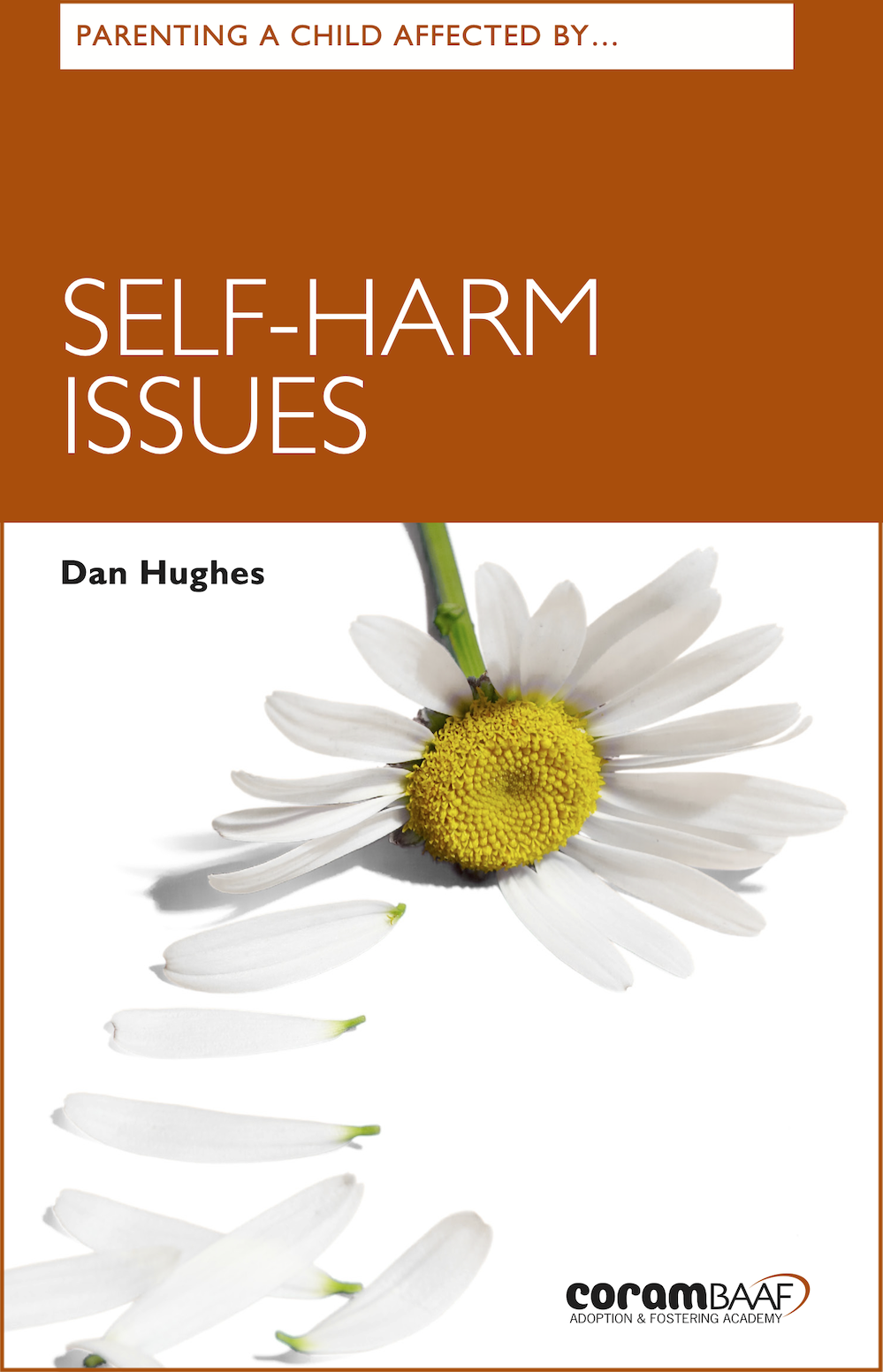
Parenting Matters: Parenting a child affected by self-harm issues
£10.95
Self-harm in children and young people occurs across society, and is very worrying for parents, carers and indeed the children themselves. This guide specifically explores self-harm in children and young people who are fostered or adopted. The reasons behind self-harm are complex and can be related to various factors, but for those who have been in care, difficult experiences in their early lives can contribute significantly to self-harming in later childhood.
This title in the Parenting Matters series provides authoritative, clinical guidance for carers and adopters on this difficult and concerning issue. In straightforward language, it explores the links between early trauma and self-harm, how self-harming behaviour may manifest, and what it may tell us about children’s underlying emotions and neurobiology. The guide explores how children may be affected at different ages and stages, and the ways in which self-harm can affect education and social expectations. Vital practical guidance is also provided on how parents and carers can address self-harm in the moment at which children are carrying out this behaviour. In the second half of the book, revealing case studies and dialogues explore what it can be like to live with affected children, and illustrate what has worked, or hasn’t worked, for other families.
This book is part of CoramBAAF’s Parenting Matters series which explores many of the health conditions commonly diagnosed in looked after children.
Read our Editor's Exclusive
Every month we release a free chapter from one of our bestselling publications. For October, we are sharing the Contents, Introduction and Chapter 1 from ‘Parenting Matters: Self-harm issues’. This chapter is about ‘Understanding self-harming behaviours’.
AVAILABLE IN EBOOK AND HARD COPY
Questions about eBooks? Check out our FAQs.
